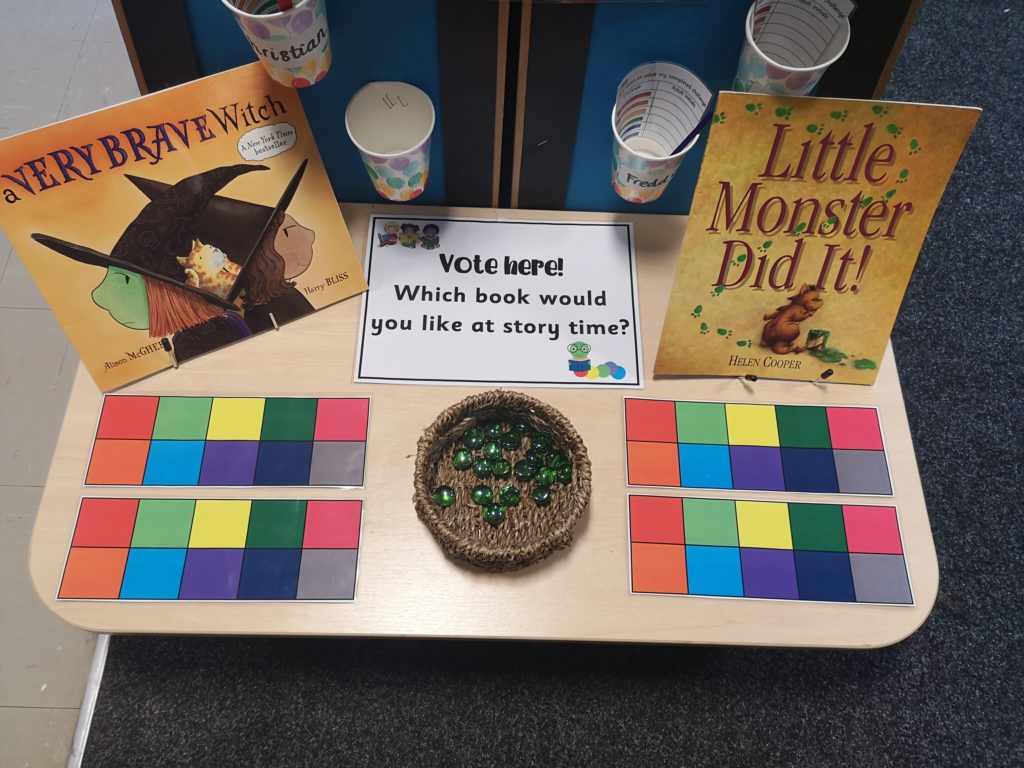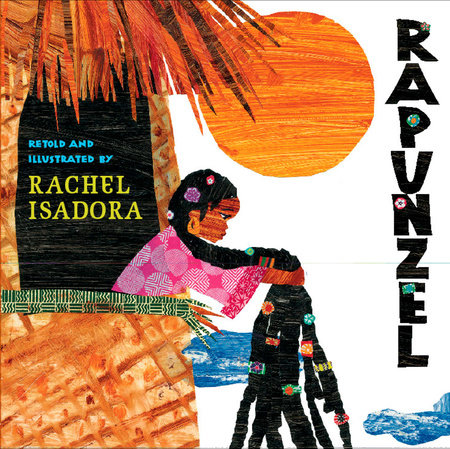English Spring Term 1
This half-term our topic is
'Traditional Tales'
This half term will be focused on learning about different types of traditional tales and culturally diverse tales with different twists and endings! We will be exploring these with the children and looking at the similarities and differences between the texts and which ones are our favourites!
Goldilocks and the Three Bears
Goldiluck and the Three Pandas
Little Roja Riding Hood
The Magic Paintbrush
Rapunzel

We also have story time twice a day! Children vote for their favourite story and we read it together at the end of the day.

Before morning play we have our 'Talk Through Stories' sessions which are based on key texts with rich detailed language. We talk through the characters, plot and extend our vocabulary through role play and discussions.
We also use 'Talk 4 Writing' in Reception, where children learn a story by heart and we use pictures and actions to help us remember. This allows children to recall and use different vocabulary and helps with their writing!

Reading:
In Reception, we use phonics to help sound out our words. We practice blending them together using Read Write Inc.
Look at our phonics page for more information and guidance.
Writing:
In Reception, children do 1 writing task a week in their red Literacy books.
We will be practising how to hold our pencil, recognise our name, writing our names and practising writing the sounds from set 1 phonics.
Here are the Early Learning Goals for the end of the Year for Reception!
| Word Reading | Writing | Comprehension |
| Say a sound for each letter in the alphabet and at least 10 digraphs. • Read words consistent with their phonic knowledge by sound-blending. • Read aloud simple sentences and books that are consistent with their phonic knowledge, including some common exception words |
• Write recognisable letters, most of which are correctly formed. • Spell words by identifying sounds in them and representing the sounds with a letter or letters. • Write simple phrases and sentences that can be read by others. |
• Demonstrate understanding of what has been read to them by retelling stories and narratives using their own words and recently introduced vocabulary. • Anticipate (where appropriate) key events in stories. • Use and understand recently introduced vocabulary during discussions about stories, nonfiction, rhymes and poems and during role play. |
